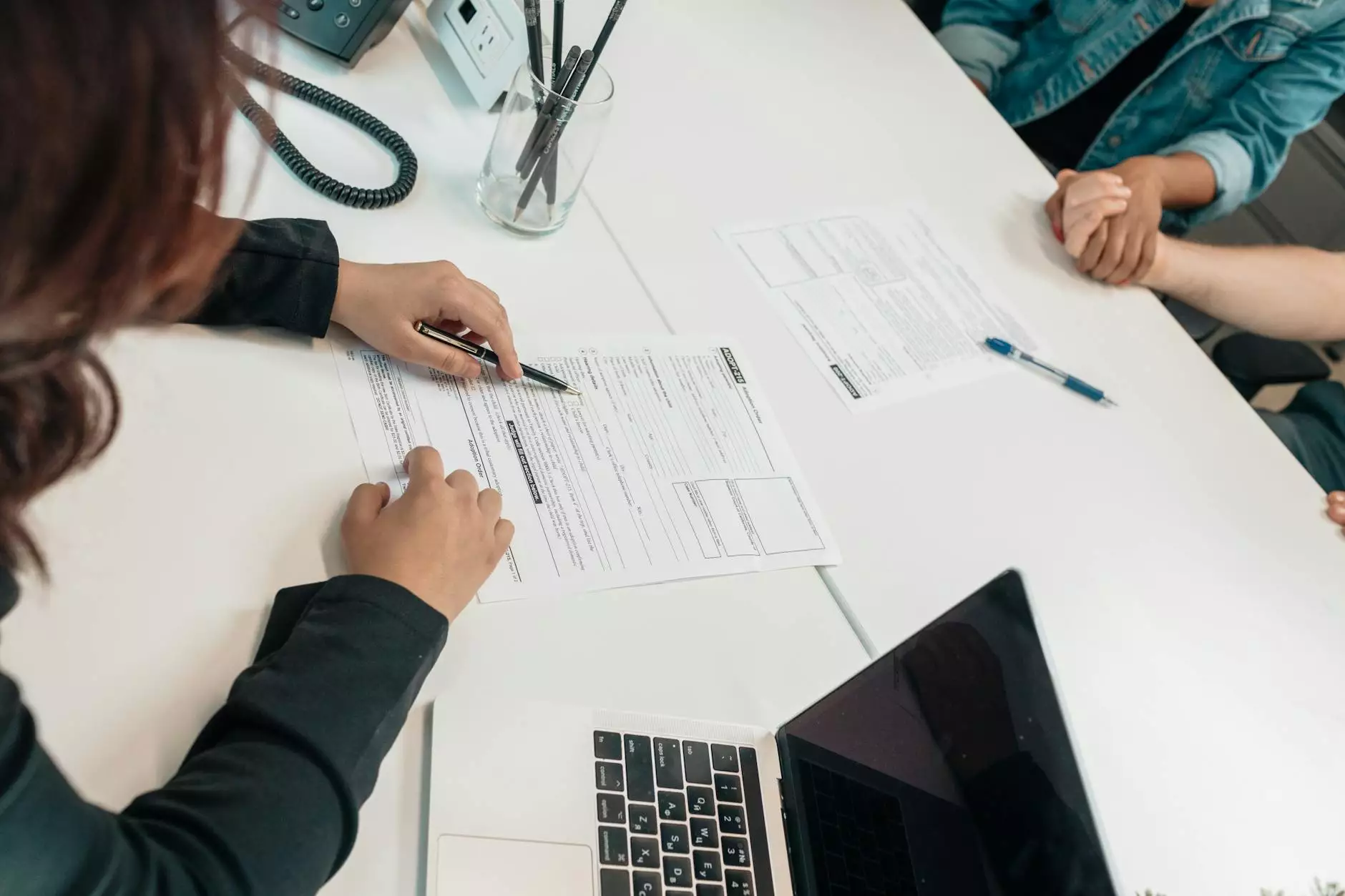Understanding LEV Inspections in South Wales: A Comprehensive Guide for Businesses

In the ever-evolving landscape of safety regulations and environmental responsibility, Local Exhaust Ventilation (LEV) inspections have emerged as a crucial aspect for businesses operating in various sectors, especially in South Wales. This article will explore the importance of LEV inspections, the legal requirements, how they are conducted, and the impact they have on both employee safety and business operations.
What is LEV Inspection?
LEV inspection refers to the systematic examination of ventilation systems designed to remove airborne contaminants in workplaces. These inspections are essential in ensuring that these systems function efficiently, provide adequate protection to employees, and comply with the Health and Safety at Work Act 1974 and other related regulations.
The Importance of LEV Inspections
LEV inspections are vital for several reasons:
- Compliance with Legal Standards: Failure to comply with legal standards can result in penalties that range from fines to business closures.
- Employee Safety: A well-maintained LEV system minimizes the risk of exposure to harmful substances, protecting worker health.
- Operational Efficiency: Regular checks ensure that systems are working optimally, which can save energy and reduce operational costs.
- Environmental Protection: Proper LEV systems help in reducing environmental impact by controlling emissions and pollutants.
Legal Requirements for LEV Inspections in South Wales
In South Wales, businesses must adhere to specific regulations regarding LEV inspections. The Control of Substances Hazardous to Health (COSHH) Regulations highlight the necessity of maintaining LEV systems to control exposure to hazardous substances. Additionally, the Health and Safety Executive (HSE) provides guidelines on the frequency and nature of inspections.
Frequency of Inspections
According to COSHH regulations, employers must ensure that LEV systems are inspected and tested at least once every 14 months. However, some industries may require more frequent inspections based on the level of risk associated with the substances being handled.
How is an LEV Inspection Conducted?
Conducting an LEV inspection is a multi-step process aimed at ensuring the system is functioning correctly and is compliant with regulations. Here are the typical stages of an LEV inspection:
1. Initial Assessment
The first step is to assess the LEV system, including its design, installation, and intended function. This step also involves reviewing previous inspection reports, maintenance records, and any incidents related to the system.
2. Visual Inspection
A thorough visual inspection of the entire LEV system is essential. Inspectors look for:
- Significant wear and tear
- Air leaks
- Blockages in ducts or filters
- Signage and labelling conformity
3. Performance Testing
Performance testing measures the effectiveness of the LEV system in capturing and extracting airborne contaminants. This includes:
- Measuring air speeds at various points
- Assessing the operational status of fans
- Evaluating the filter’s integrity and efficiency
4. Reporting and Recommendations
After the inspection, a detailed report is generated that outlines findings, recommendations, and the necessary steps towards compliance. This report serves as an essential tool for management to make informed decisions about maintenance and upgrades.
Benefits of Regular LEV Inspections
Investing in regular LEV inspections offers numerous advantages for businesses in South Wales:
- Reduced Absenteeism: Improved air quality leads to healthier employees, which can result in lower absenteeism rates.
- Less Downtime: Regular maintenance can prevent unexpected breakdowns, ensuring consistent operation.
- Enhanced Employee Morale: When employees feel safe and protected at work, it significantly boosts morale and productivity.
- Cost Savings: By proactively managing LEV systems, companies can avoid costly penalties, healthcare costs, and productivity losses.
Choosing the Right LEV Inspection Service in South Wales
Selecting the right provider for your LEV inspections is crucial for compliance and safety. Consider the following factors:
- Experience and Credentials: Look for companies with a proven track record and certified professionals.
- Reputation: Check testimonials and reviews from previous clients to gauge reliability and quality.
- Comprehensive Services: Ensure that the provider offers a full range of inspection services, including emergency repairs and maintenance.
- Post-Inspection Support: A good service provider should offer support after the inspection, including guidance on addressing any issues found.
Common Challenges in LEV Compliance
Despite the clear importance of LEV inspections, businesses can face several challenges:
- Lack of Awareness: Some businesses may not fully understand the implications of non-compliance.
- Resource Constraints: Smaller businesses may have limited budgets to allocate towards regular inspections.
- Complexity of Regulations: Navigating the various laws and regulations can be daunting.
Conclusion: Prioritizing LEV Inspections for a Safer Workplace
In conclusion, regular LEV inspections in South Wales are not just a legal requirement but a cornerstone of responsible business practice. They protect employees, promote operational efficiency, and assist in environmental sustainability. Companies like Safe Plant UK are promoting safe practices in the Home & Garden, Gardeners, and Pest Control sectors through their expertise in LEV compliance. By prioritizing LEV inspections, businesses can create a safer workplace that fosters productivity and growth. Make the right choice today by ensuring your LEV systems are inspected regularly, and you’ll pave the way for a compliant and thriving business environment.
lev inspection south wales








